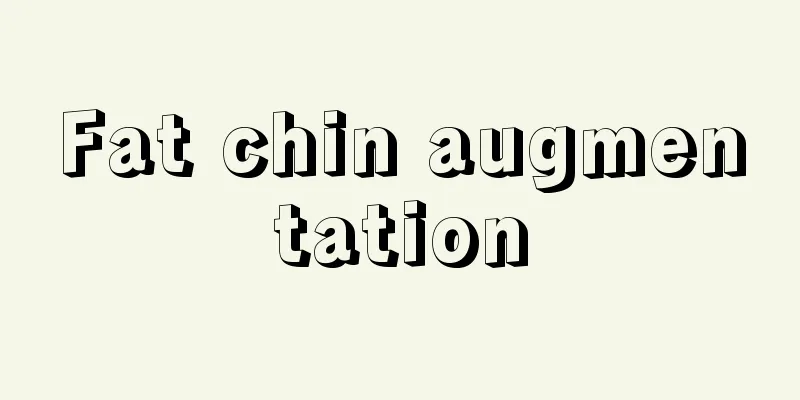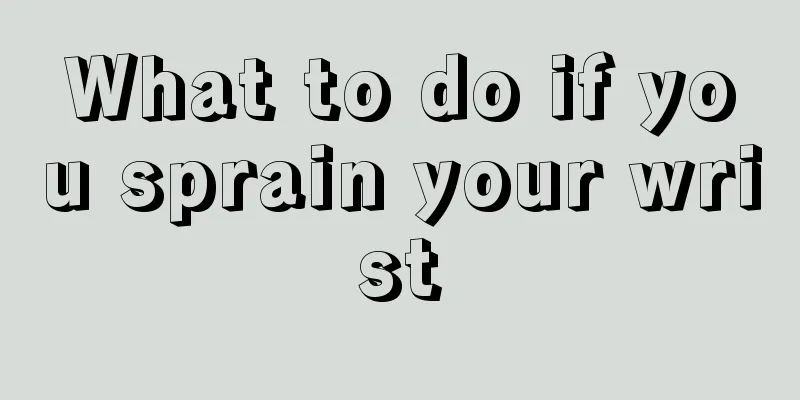Indications for temporary cardiac pacemaker

|
There are two types of pacemakers: temporary pacemakers and permanent pacemakers. I believe everyone should be very clear about this. Different types of pacemakers are required for different diseases. This makes many patients feel confused and they don’t know whether they are suitable for permanent pacemakers or temporary pacemakers. In fact, it depends on which type of pacemaker you are suitable for. Here we will give a detailed introduction to the indications for temporary pacemakers. Temporary pacing is a pacing method that does not permanently place pacing electrodes. Bipolar pacing catheter electrodes are usually used, and the pacemaker is placed outside the body. The pacing electrodes are usually placed in place for no more than 4 weeks. 1. General therapeutic pacing: Patients with atrioventricular block, severe sinus bradycardia, sinus arrest with cardiogenic cerebral hypoxia syndrome (A-Stokes syndrome) or near syncope caused by acute myocardial infarction, acute myocarditis, drug poisoning or dielectric disorder, cardiac trauma or surgery; patients with tachyarrhythmias that are not responsive to drug treatment or are not suitable for drug or electrical cardioversion; patients with recurrent ventricular tachycardia, supraventricular tachycardia, atrial fibrillation, atrial flutter, etc. who should be treated with pacing or overdrive pacing. 2. Diagnostic and investigational pacing: Rapid atrial pacing to diagnose ischemic heart disease; measurement of sinus node function, etc. 3. Preventive or protective pacing: Coronary angiography and cardiovascular interventional catheter treatment; patients with tachyarrhythmia who are concerned about the use of drugs or electrical cardioversion; patients with unstable heart rhythm who are undergoing permanent cardiac pacing or pacemaker replacement; patients with bradycardia or those with bifascicular block or incomplete trifascicular block on the electrocardiogram even without bradycardia, who are about to undergo general anesthesia and major surgery. It is generally believed that patients who are scheduled for surgery and have one of the following conditions and who fall into the ACC/AHA pacing standard Class II or partial Class III indications should actively place a temporary pacemaker before surgery as preventive or protective pacing to improve the safety of anesthesia and surgery. ① Confirmed sinus node dysfunction without bradycardia symptoms; ② Asymptomatic permanent or intermittent type II and type I atrioventricular block of the second degree; ③ Asymptomatic bifascicular or trifascicular block; ④ Bradycardia with tachyarrhythmia requires drug treatment; ⑤ Vagal hypersensitivity state or carotid sinus hypersensitivity syndrome; ⑥ Bradycardia accompanied by heart failure or angina pectoris; ⑦ The dynamic electrocardiogram (DCG) records a long RR ≥ 2s; ⑧ Atropine test is positive; ⑨ Frequent ventricular premature beats that are unresponsive to drug treatment. The above-mentioned are all indications for temporary cardiac pacemakers. However, no matter whether you install a temporary pacemaker or a permanent pacemaker, you must be careful to stay away from magnetic fields when installing the pacemaker to avoid being affected and thus affecting the normal operation of the pacemaker. Also, be careful to avoid strenuous exercise after the operation and pay attention to protecting your body. |
<<: What are the complications after permanent pacemaker surgery
>>: Indications for bladder pacemaker
Recommend
What are the early symptoms of lung cancer? 3 early symptoms of lung cancer you should know
Lung cancer is a serious malignant tumor. When lu...
What is the reason for sudden nosebleed
Although nosebleed is a common phenomenon in life...
Is cervical cancer HPV positive contagious?
In our lives, more and more female friends are af...
The main treatment for colorectal cancer is surgery
As long as it is discovered in time and treated c...
Can I remove dead skin if my face is thin and red?
In life, many people have very thin stratum corne...
What's going on with milk powder stratification
We all know that almost every household will prep...
How to wash cherry juice off clothes
Cherry is a fruit that many people like. Cherries...
Can I drink hawthorn tea if my blood sugar is high?
Hawthorn is a food ingredient that has powerful e...
What happens if you eat too many yellow peaches
Yellow peach is a very common fruit in our daily ...
Nerve pain in buttocks
Our body is full of nervous systems, and problems...
How to know whether formaldehyde exceeds the standard
Many people want to know whether the formaldehyde...
What is the reason for having no hair on the top of the head
In our daily life, we see many people without hai...
What kind of exercises can help with cervical cancer
Early cervical cancer is usually treated with sur...
How to wash off soy sauce?
Soy sauce is an indispensable condiment in life, ...
Signs that your baby needs complementary food
Many mothers may not know when their baby can sta...









